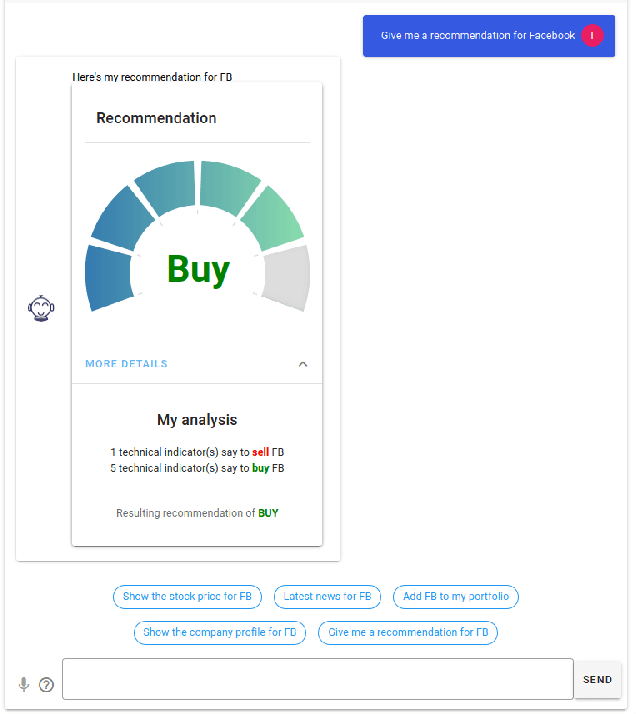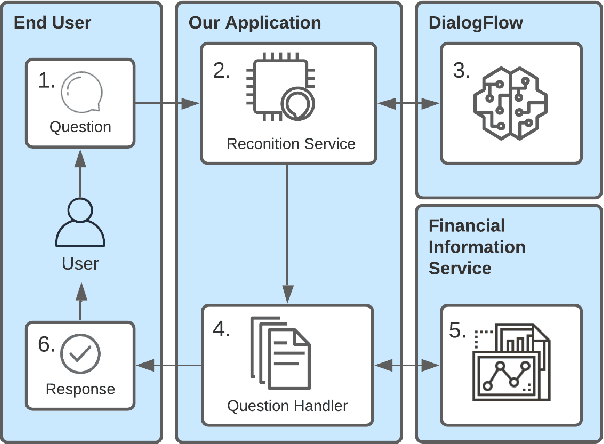Suraj Sharma
RENOVI: A Benchmark Towards Remediating Norm Violations in Socio-Cultural Conversations
Feb 17, 2024



Abstract:Norm violations occur when individuals fail to conform to culturally accepted behaviors, which may lead to potential conflicts. Remediating norm violations requires social awareness and cultural sensitivity of the nuances at play. To equip interactive AI systems with a remediation ability, we offer ReNoVi - a large-scale corpus of 9,258 multi-turn dialogues annotated with social norms, as well as define a sequence of tasks to help understand and remediate norm violations step by step. ReNoVi consists of two parts: 512 human-authored dialogues (real data), and 8,746 synthetic conversations generated by ChatGPT through prompt learning. While collecting sufficient human-authored data is costly, synthetic conversations provide suitable amounts of data to help mitigate the scarcity of training data, as well as the chance to assess the alignment between LLMs and humans in the awareness of social norms. We thus harness the power of ChatGPT to generate synthetic training data for our task. To ensure the quality of both human-authored and synthetic data, we follow a quality control protocol during data collection. Our experimental results demonstrate the importance of remediating norm violations in socio-cultural conversations, as well as the improvement in performance obtained from synthetic data.
Let's Negotiate! A Survey of Negotiation Dialogue Systems
Feb 02, 2024Abstract:Negotiation is a crucial ability in human communication. Recently, there has been a resurgent research interest in negotiation dialogue systems, whose goal is to create intelligent agents that can assist people in resolving conflicts or reaching agreements. Although there have been many explorations into negotiation dialogue systems, a systematic review of this task has not been performed to date. We aim to fill this gap by investigating recent studies in the field of negotiation dialogue systems, and covering benchmarks, evaluations and methodologies within the literature. We also discuss potential future directions, including multi-modal, multi-party and cross-cultural negotiation scenarios. Our goal is to provide the community with a systematic overview of negotiation dialogue systems and to inspire future research.
SADAS: A Dialogue Assistant System Towards Remediating Norm Violations in Bilingual Socio-Cultural Conversations
Jan 29, 2024Abstract:In today's globalized world, bridging the cultural divide is more critical than ever for forging meaningful connections. The Socially-Aware Dialogue Assistant System (SADAS) is our answer to this global challenge, and it's designed to ensure that conversations between individuals from diverse cultural backgrounds unfold with respect and understanding. Our system's novel architecture includes: (1) identifying the categories of norms present in the dialogue, (2) detecting potential norm violations, (3) evaluating the severity of these violations, (4) implementing targeted remedies to rectify the breaches, and (5) articulates the rationale behind these corrective actions. We employ a series of State-Of-The-Art (SOTA) techniques to build different modules, and conduct numerous experiments to select the most suitable backbone model for each of the modules. We also design a human preference experiment to validate the overall performance of the system. We will open-source our system (including source code, tools and applications), hoping to advance future research. A demo video of our system can be found at:~\url{https://youtu.be/JqetWkfsejk}. We have released our code and software at:~\url{https://github.com/AnonymousEACLDemo/SADAS}.
SocialDial: A Benchmark for Socially-Aware Dialogue Systems
Apr 24, 2023



Abstract:Dialogue systems have been widely applied in many scenarios and are now more powerful and ubiquitous than ever before. With large neural models and massive available data, current dialogue systems have access to more knowledge than any people in their life. However, current dialogue systems still do not perform at a human level. One major gap between conversational agents and humans lies in their abilities to be aware of social norms. The development of socially-aware dialogue systems is impeded due to the lack of resources. In this paper, we present the first socially-aware dialogue corpus - SocialDial, based on Chinese social culture. SocialDial consists of two parts: 1,563 multi-turn dialogues between two human speakers with fine-grained labels, and 4,870 synthetic conversations generated by ChatGPT. The human corpus covers five categories of social norms, which have 14 sub-categories in total. Specifically, it contains social factor annotations including social relation, context, social distance, and social norms. However, collecting sufficient socially-aware dialogues is costly. Thus, we harness the power of ChatGPT and devise an ontology-based synthetic data generation framework. This framework is able to generate synthetic data at scale. To ensure the quality of synthetic dialogues, we design several mechanisms for quality control during data collection. Finally, we evaluate our dataset using several pre-trained models, such as BERT and RoBERTa. Comprehensive empirical results based on state-of-the-art neural models demonstrate that modeling of social norms for dialogue systems is a promising research direction. To the best of our knowledge, SocialDial is the first socially-aware dialogue dataset that covers multiple social factors and has fine-grained labels.
StockBabble: A Conversational Financial Agent to support Stock Market Investors
Jun 15, 2021


Abstract:We introduce StockBabble, a conversational agent designed to support understanding and engagement with the stock market. StockBabble's value and novelty is in its ability to empower retail investors -- many of which may be new to investing -- and supplement their informational needs using a user-friendly agent. Users have the ability to query information on companies to retrieve a general and financial overview of a stock, including accessing the latest news and trading recommendations. They can also request charts which contain live prices and technical investment indicators, and add shares to a personal portfolio to allow performance monitoring over time. To evaluate our agent's potential, we conducted a user study with 15 participants. In total, 73% (11/15) of respondents said that they felt more confident in investing after using StockBabble, and all 15 would consider recommending it to others. These results are encouraging and suggest a wider appeal for such agents. Moreover, we believe this research can help to inform the design and development of future intelligent, financial personal assistants.
 Add to Chrome
Add to Chrome Add to Firefox
Add to Firefox Add to Edge
Add to Edge